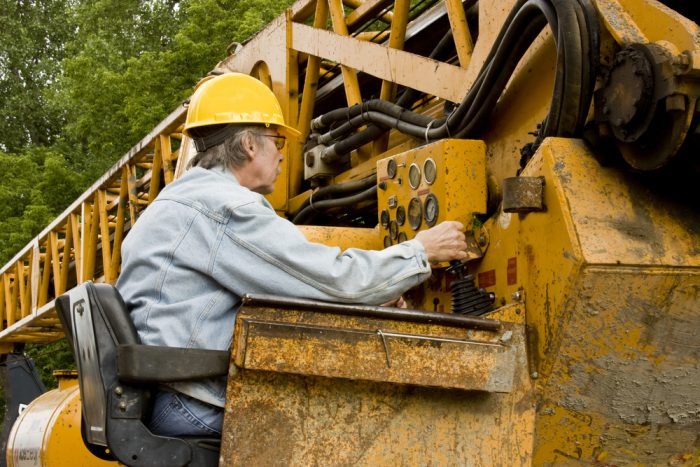How to be a Crane Operator to Work Abroad
8 October, 2017 - Editorial Team
Crane Operators
Getting a job as a crane operator is a great way to work abroad. If you are savvy about which jobs you apply to, you can move to a country where crane operators are in high demand and salaries are likely to be at their most lucrative. Potential crane operators will need to be generally healthy and in a good physical condition. If you want to be a crane operator in a different country, there is no specific international qualification that you can take out. However, the NCCCO qualification is internationally recognised and so will suffice when you make any kind of application to work abroad. The National Commission for the Certification of Crane Operators (NCCCO) is an independent, not-for-profit organization that establishes and administers a United States nationwide program for the certification of crane operators. (Mobile, Tower, Overhead, Service Truck & Articulated, amongst other certifications)
You may need to get your NCCCO certificate translated into the appropriate language for the country that you plan to work in. The translation must be signed off by an accredited translator so that your employer can check it. Countries across the Middle East and Asia Pacific are particularly focussing on developing their infrastructure at the moment (Dubai is a key example). Therefore this region could be an excellent place to focus your job search. Don’t rely on English being a ‘universal’ language. You can impress your potential employer by learning at least the rudiments of their local language if you don’t already speak it. This particularly fits if you will be working alongside locals.

Permits to be a Crane Operator Abroad
In order to work abroad as a crane operator, you will need to ensure that you have the correct documentation. Prior to Brexit, UK nationals do not need a visa to live and work in the EU. If Brexit goes ahead, however, it is likely that UK nationals will need to apply for a work visa in order to work in the EU, which could be expensive (your employer may or may not cover this charge).
No matter which country in the world you move to for work, it is vital to ensure that you have all of the right documents. This most often means checking whether you need to secure a work visa, and making sure that you have all of the necessary documentation to do so (for instance, bank statements that provide proof of your financial situation and evidence of your contract of employment). The Embassy of the country that you are planning to work in will be able to help you out with any queries that you may have about the process.



